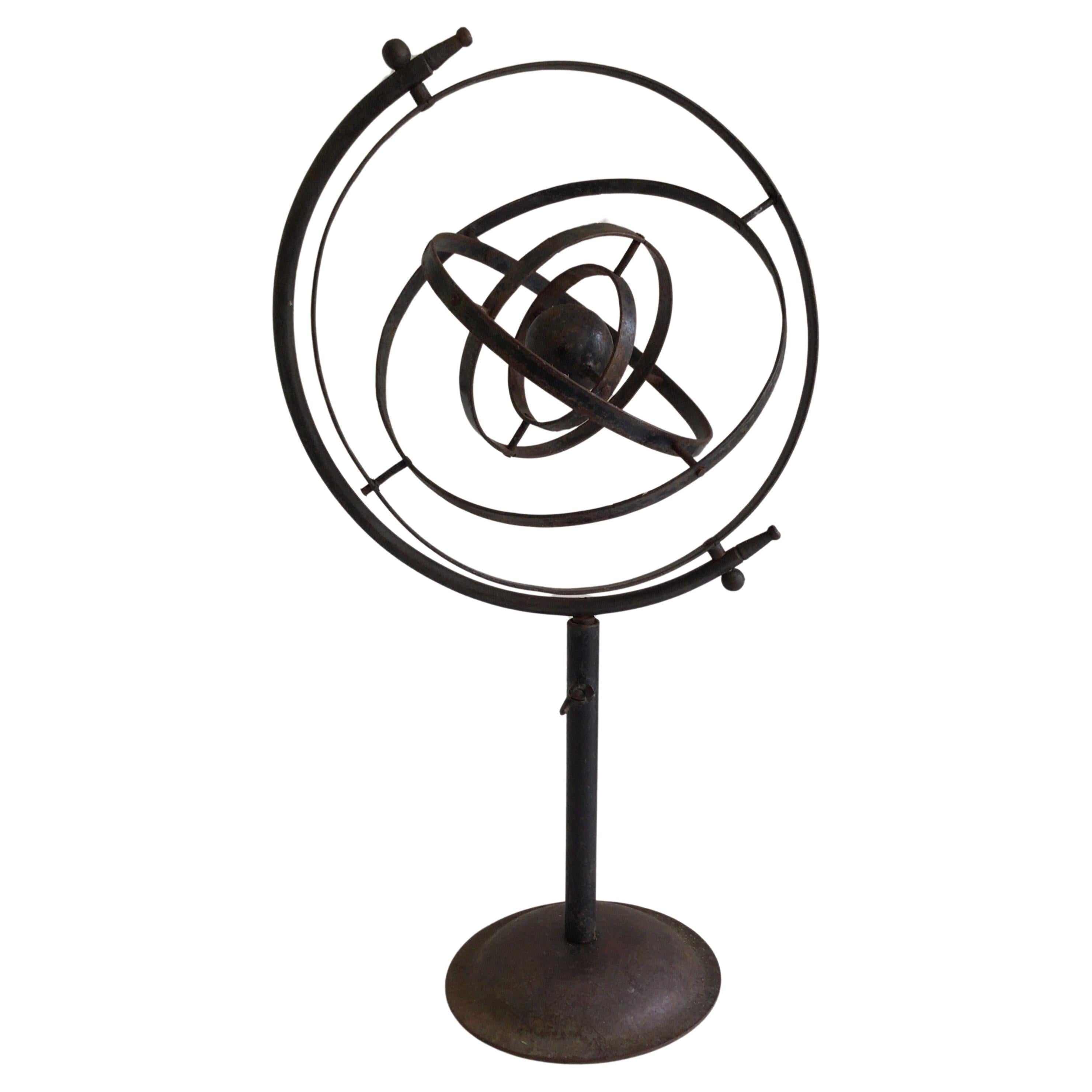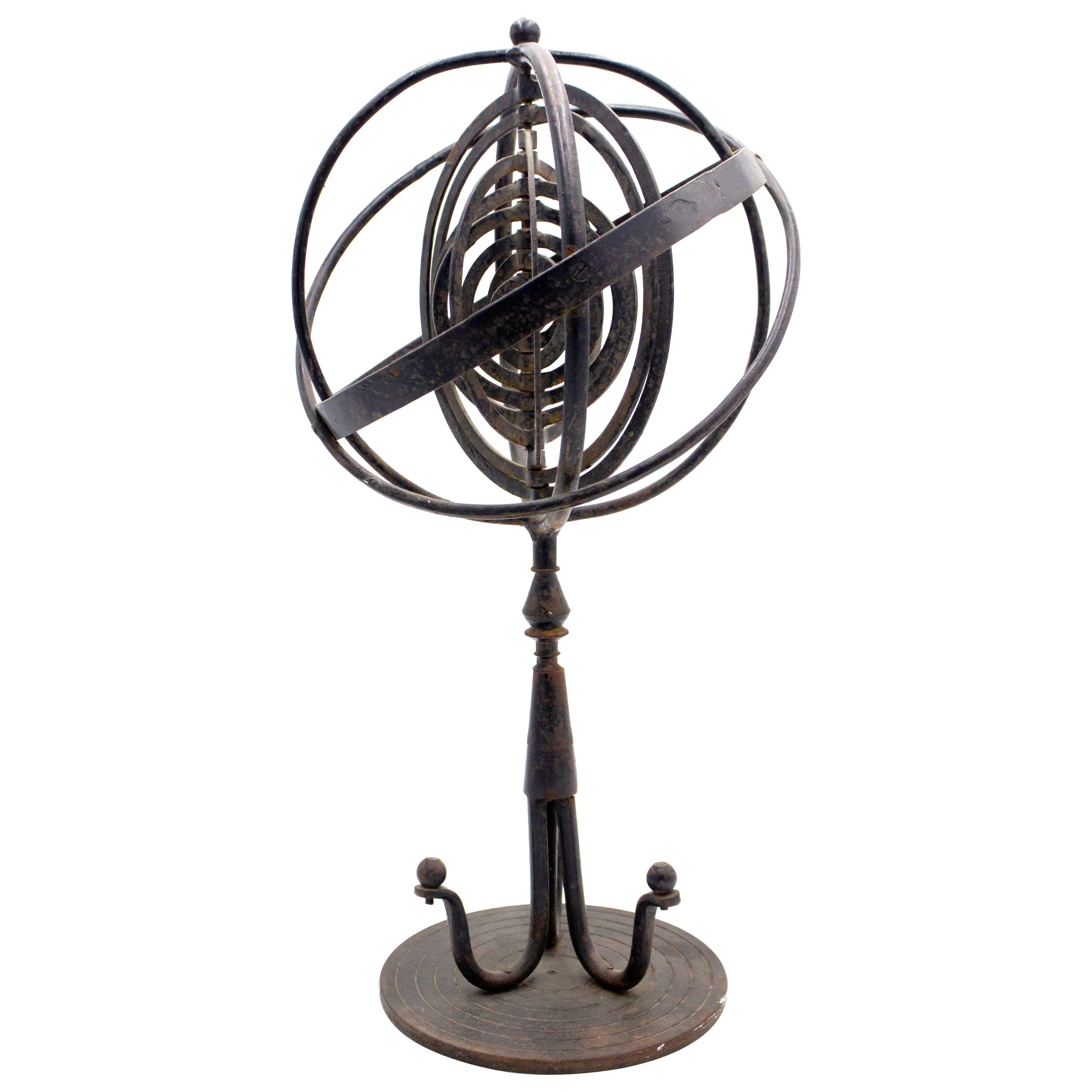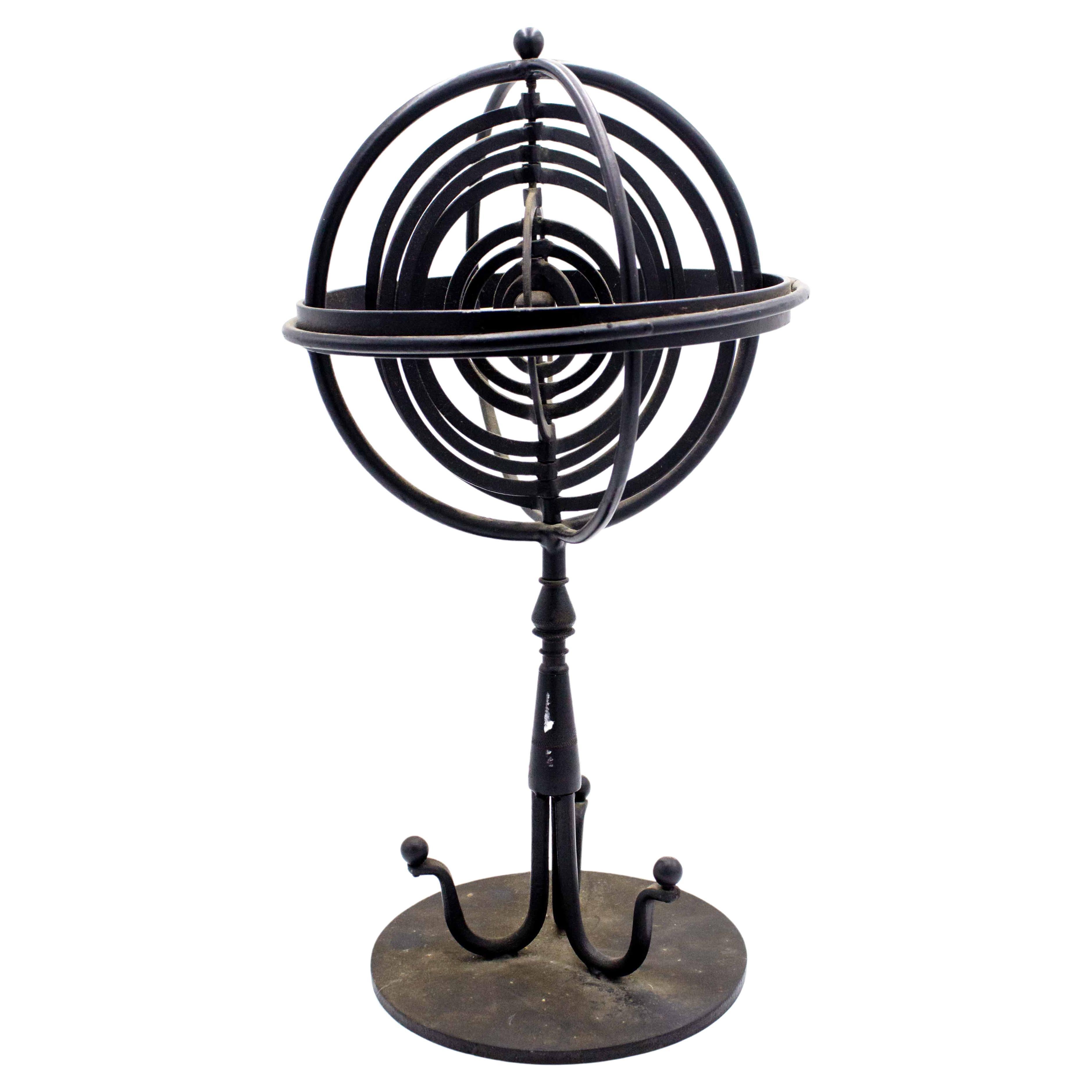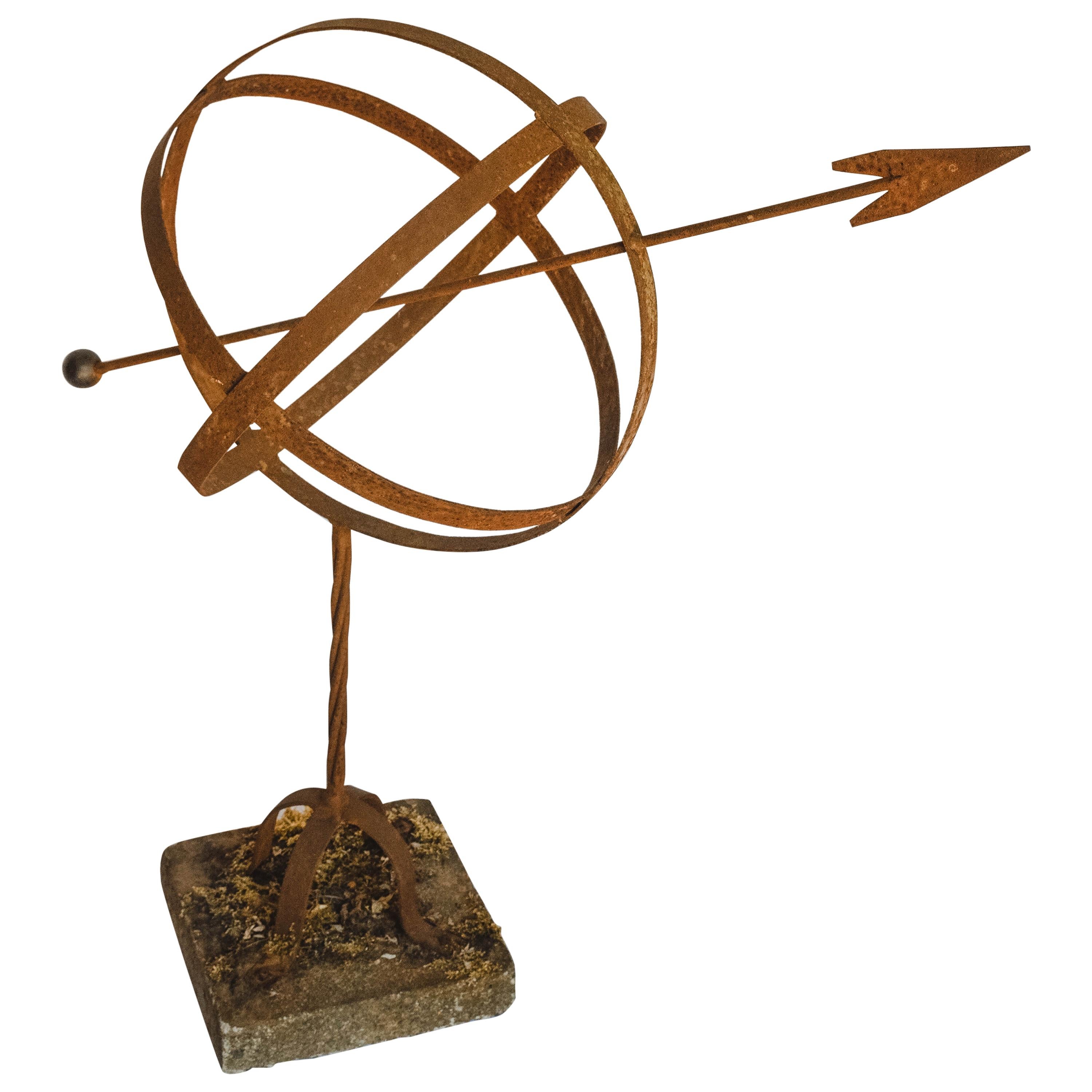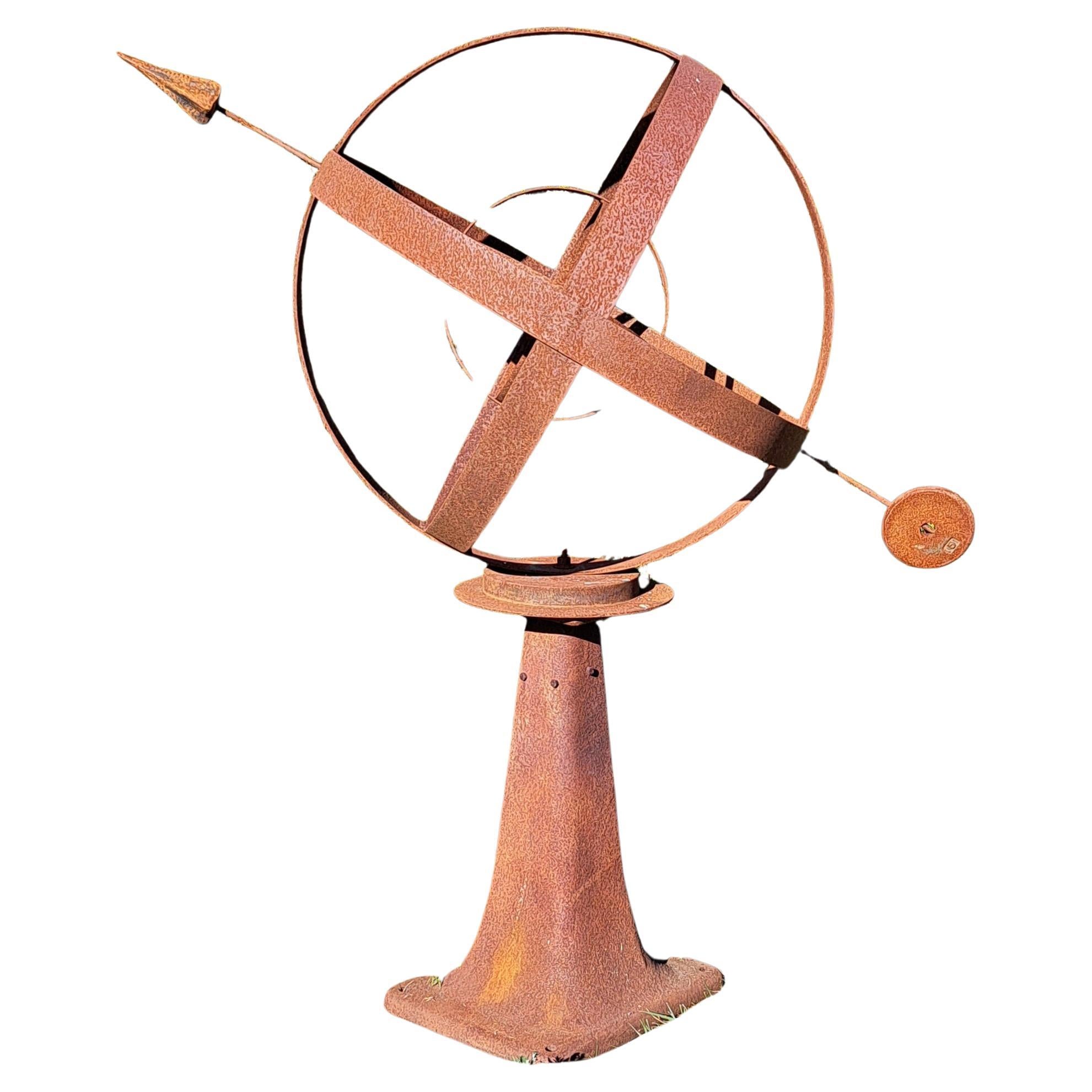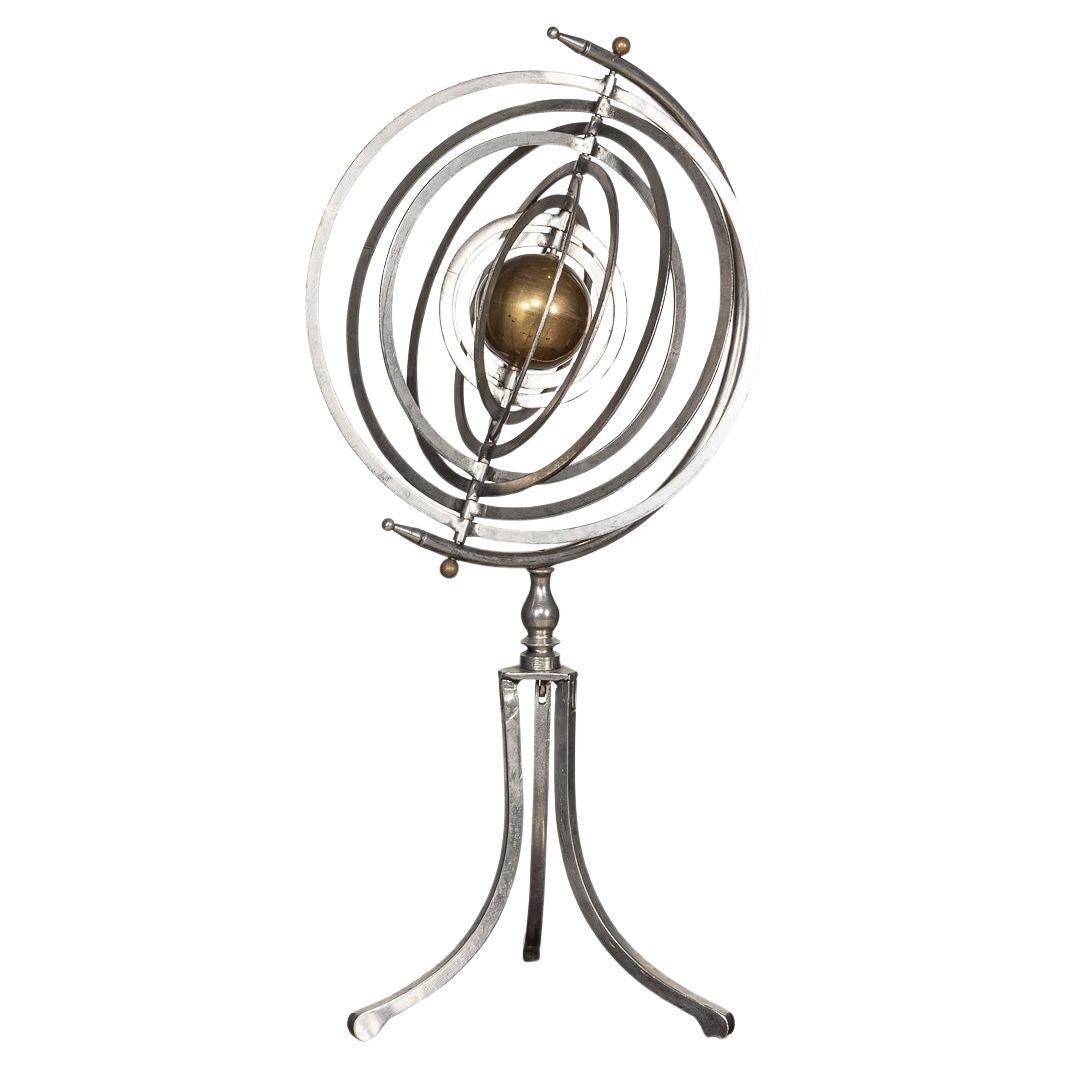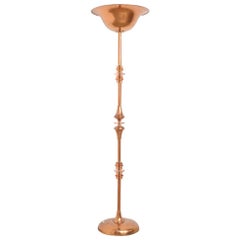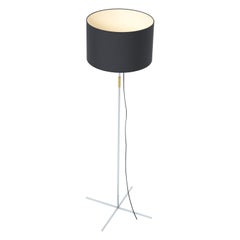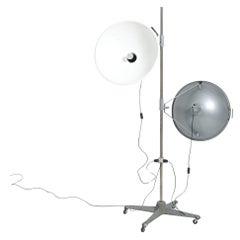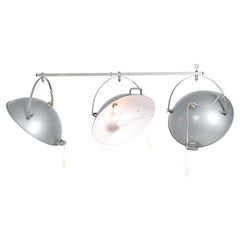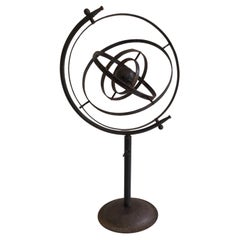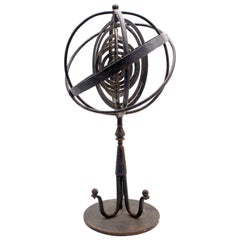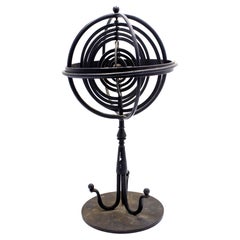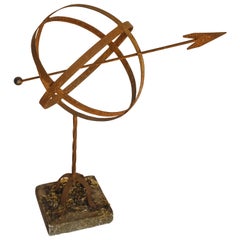Items Similar to Exclusive Antique Armillary Sphere
Want more images or videos?
Request additional images or videos from the seller
1 of 18
Exclusive Antique Armillary Sphere
$3,893.97
£2,898.27
€3,250
CA$5,333.76
A$5,932.31
CHF 3,097.67
MX$72,189.86
NOK 39,561.92
SEK 37,102.10
DKK 24,741.12
Shipping
Retrieving quote...The 1stDibs Promise:
Authenticity Guarantee,
Money-Back Guarantee,
24-Hour Cancellation
About the Item
An armillary sphere is a model of objects in the sky consisting of a spherical framework of rings, centred on the Earth or the Sun, that represent lines of celestial longitude and latitude and other astronomically important features.
This armillary sphere is an antique piece, 19th century or older, probably from Eastern-Europe. It is an impressive pure object made of metal, cast iron and wood, painted in different colors.
A floor standing armillary sphere is special and rare.
This object is in good condition. It will be an eye-catcher in your interior.
- Dimensions:Height: 80.32 in (204 cm)Diameter: 24.41 in (62 cm)
- Style:Industrial (Of the Period)
- Materials and Techniques:
- Place of Origin:
- Period:
- Date of Manufacture:circa 1850
- Condition:Wear consistent with age and use.
- Seller Location:Vlimmeren, BE
- Reference Number:1stDibs: LU1047025243492
About the Seller
4.9
Gold Seller
Premium sellers maintaining a 4.3+ rating and 24-hour response times
1stDibs seller since 2014
235 sales on 1stDibs
Typical response time: 3 hours
- ShippingRetrieving quote...Shipping from: Wechelderzande, Belgium
- Return Policy
Authenticity Guarantee
In the unlikely event there’s an issue with an item’s authenticity, contact us within 1 year for a full refund. DetailsMoney-Back Guarantee
If your item is not as described, is damaged in transit, or does not arrive, contact us within 7 days for a full refund. Details24-Hour Cancellation
You have a 24-hour grace period in which to reconsider your purchase, with no questions asked.Vetted Professional Sellers
Our world-class sellers must adhere to strict standards for service and quality, maintaining the integrity of our listings.Price-Match Guarantee
If you find that a seller listed the same item for a lower price elsewhere, we’ll match it.Trusted Global Delivery
Our best-in-class carrier network provides specialized shipping options worldwide, including custom delivery.More From This Seller
View AllRed Copper Art Deco Floor Lamp
Located in Vlimmeren, BE
This Art Deco floor lamp is made of red copper and glass. It can be dated in the 1930s.
The stem is built up very gracefully with red copper and glass parts.
The copper shade is ni...
Category
Vintage 1930s Belgian Art Deco Floor Lamps
Materials
Copper
Minimalist Floor Lamp
Located in Vlimmeren, BE
This minimalist floor lamp dates from the 1960s.
The pure base is made of chromed metal. The lamp shade is new.
Category
Vintage 1960s Belgian Mid-Century Modern Floor Lamps
Materials
Chrome
XL Studio Floor Lamp by Narita
By Narita Studio
Located in Vlimmeren, BE
This great studio floor lamp was produced by Narita in Belgium in the 1950s.
This impressive lamp is mobile on its 4 casters. The 2 lampshades (diameter 60 cm) can be rotated in any ...
Category
Vintage 1950s French Industrial Floor Lamps
Materials
Metal
Industrial Ceiling Lamp by Narita
By Narita Studio
Located in Vlimmeren, BE
This amazing ceiling studio lamp was produced by Narita in Belgium in the 1950s.
The grey lacquered shades are fixed on a frame. The large shades can be turned in many directions. Ea...
Category
Vintage 1950s Belgian Industrial Chandeliers and Pendants
Materials
Metal
Elegant Brass and Agate Sculpture
Located in Vlimmeren, BE
This extraordinary sculpture is surely made in the 1970s. You recognize the influences of the Art Nouveau in this era: Organic structures and fluid forms, often in combination with h...
Category
Vintage 1970s French Mid-Century Modern Abstract Sculptures
Materials
Agate, Brass
Elegant Oxidized Copper Table Lamp
Located in Vlimmeren, BE
This elegant table lamp is made of oxidized copper to create the special green color.
The lamp is in very good vintage condition. It has a new lampsha...
Category
Vintage 1970s Belgian Modern Table Lamps
Materials
Copper
You May Also Like
1950s Iron Armillary or Rotating Sphere on Metal Base
Located in Tarrytown, NY
1950s Iron Rotating Sphere or Armillary
Height not adjustable
Category
Vintage 1950s Garden Ornaments
Materials
Iron
Italian Mid-Century Wrought Iron Armillary
Located in Queens, NY
Italian Mid-Century Modern wrought iron armillary globe with a center sun surrounded by 9 movable planetary rings on a platform base.
Category
20th Century Italian Mid-Century Modern Scientific Instruments
Materials
Iron, Wrought Iron
Italian Renaissance Style Iron Armillary
Located in Queens, NY
Italian Renaissance style black iron armillary globe on a round base.
Category
20th Century Renaissance Nautical Objects
Materials
Iron, Wrought Iron
Armillary Sphere
Located in Houston, TX
This armillary sphere is made of metal and has a rust color finish. It is mounted on a small concrete square. As a conversation piece or as an additio...
Category
Early 20th Century European Mounted Objects
Materials
Concrete, Metal
$1,750
Large Garden Armillary Garden Sphere
Located in Newtown, CT
Large Garden Armillary with oxidized finish. It is 64" wide at the arrow x 36" deep x 68" high. Statement piece for any garden.
Category
Early 2000s Industrial Sundials
Materials
Iron
20th Century Steel & Brass Copernican Armillary Sphere c.1930
Located in Royal Tunbridge Wells, Kent
A 20th Century Copernican Armillary Sphere crafted in polished steel and brass. This instrument illustrates the celestial motion of the solar system, with origins tracing back to anc...
Category
20th Century European Other Scientific Instruments
Materials
Brass, Steel
More Ways To Browse
Antique Sphere
Eastern European Antiques
Eastern European Painted Furniture
Celestial Sphere
Antique Celestial Ring
Antique Armillary Sphere
Antique Astronomical Instruments
Antique Wood Plane
Ww1 Furniture
Anatomic Plaster
Antique Curiosities Uk
Early Magnifying Glass
French Thermometer
Medical Model
Antique Level Tool
Binoculars
19th Century French Barometer
British Compass
